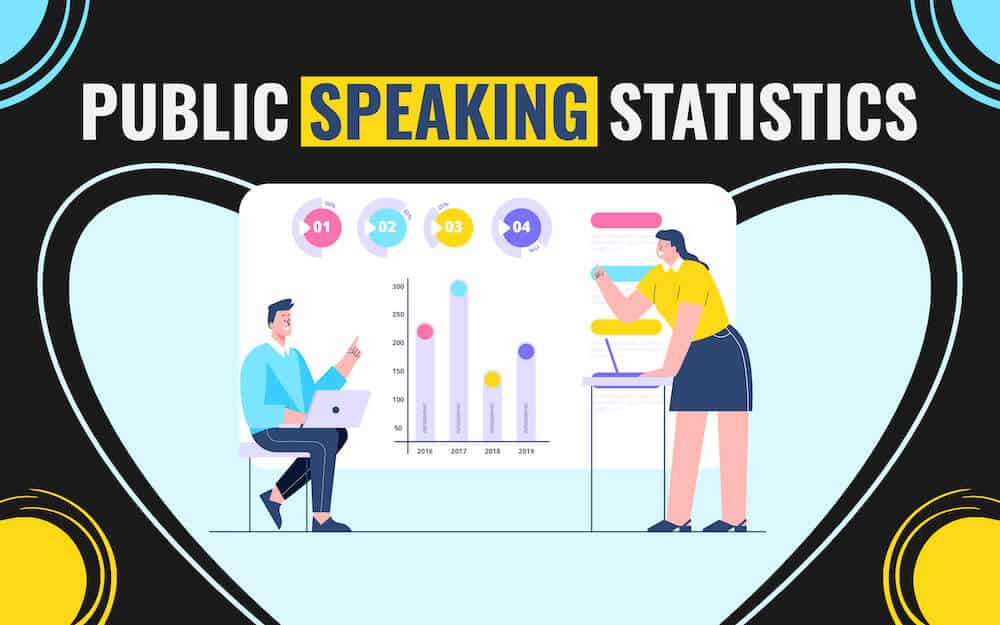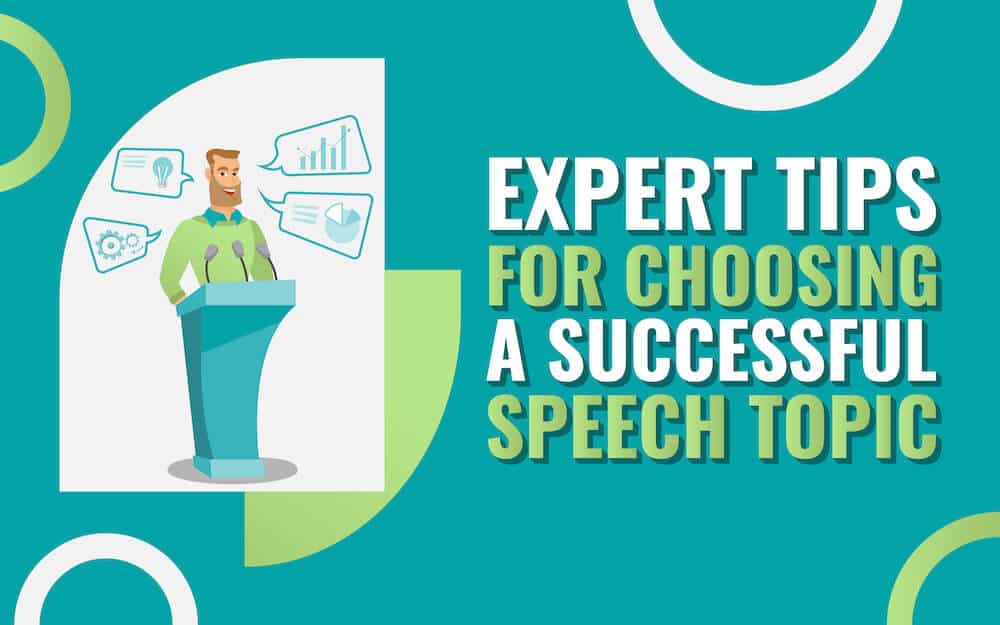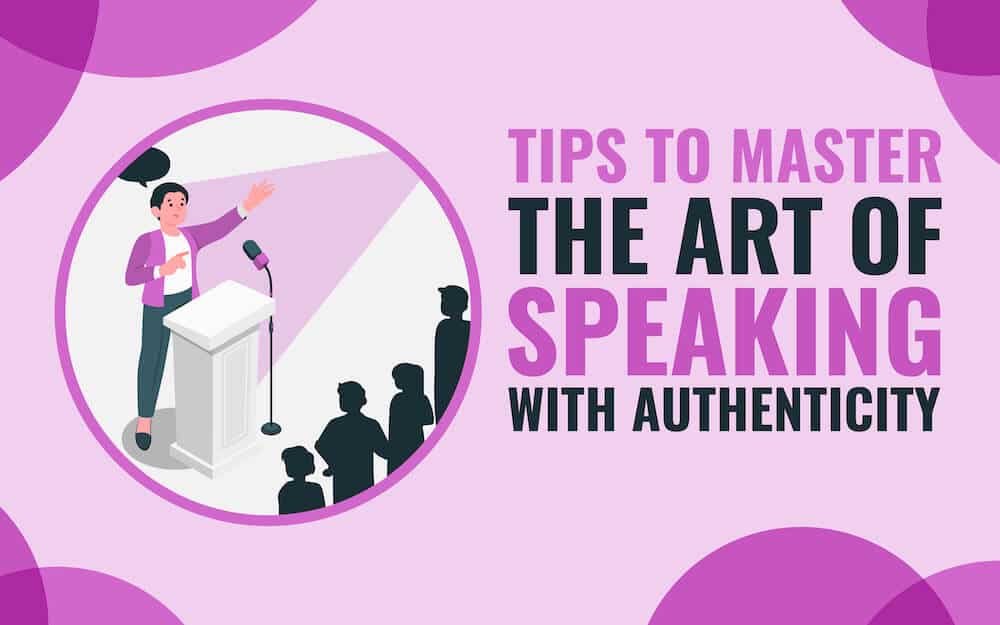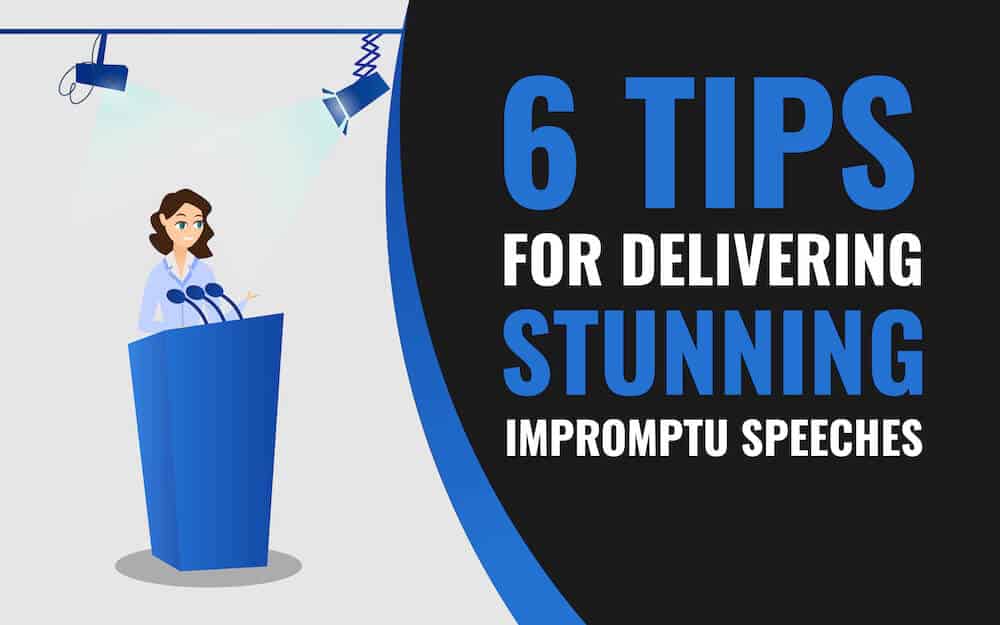
Being a leader means being someone that people listen to. It means having a voice, both literally and figuratively, that inspires and motivates people to take action.
Why is this important?
Because all businesses, no matter the industry or vertical, are dependent on how consumers perceive them. Revenue is directly impacted by whether or not prospects believe you are an authority in your niche.
One way to become an authority in people’s minds is to speak at industry or public events. Public speaking not only introduces your brand to consumers who aren’t familiar with what you have to offer; it also sets you up to be top-of-mind.
That’s the good news.
The bad news is, if you’re new to public speaking, there’s a very good chance that you are still feeling your way. It’s hard to be confident and speak as a leader with authority when you’re just starting out.
But don’t worry, because the second piece of good news is that there are some tips you can follow that will help you learn to speak with authority so you can deliver your brand message and motivate your audience to take action.
Create Your Message with the Audience in Mind
When you have been asked to speak at an event, do you say to yourself, “Okay, what should I talk about?” If so, you’re thinking about your message in the wrong context. You should instead think, “Okay, what does my audience hope to learn?”
Of course, in order to answer this question, you’ll have to do a bit of research into your audience. Who will be sitting in those seats? What are their problems? What information can you share with them to solve those problems?
The more you know about your audience, the better able you’ll be to craft messaging that resonates with them. And that will make you come across as an authority worth listening to.
Do NOT Use Filler Words
When talking to friends and coworkers, most of us will use filler words like “uh” and “um” when thinking or searching for a piece of information. But these filler words are not professional-sounding and they certainly won’t help you come across as an authority on your topic.
If you’ve ever watched a TedTalk, chances are you never heard the speaker use “uh” or “um” in their speech. Those speakers have learned to switch weak words with strong words so they can still pause and think and find their place – find their information that slipped away from them for a second.
In these cases, professional speakers use words or phrases such as “Now” or “You see” or “However.” Listen to the difference:
“Um, I was wondering what would happen if…”
“You see, I was wondering what would happen if…”
Get out of the habit of using weak filler words and into the habit of using strong ones.
Understand the Power of Silence
Instead of using any filler words, you could be silent instead.
The best public speakers are the ones who know how and when to use silence. They aren’t afraid to make their audience wait for a moment. In fact, they recognize that taking a breath for a count of two can be a powerful way to get the audience to sit on the edge of their seat and wait to hear what comes next.
There is a difference between unintentional (oops – I forgot what I was going to say) and intentional silence. Start using intentional silence and notice how it can help your information land with the audience.
Focus on Helping Instead of Being Perfect
A lot of public speakers feel nervous before getting up on stage, and that’s to be expected. But some people become so nervous that they can’t remember what they were going to say. These people have focused on the wrong thing. They have focused on being perfect instead of helping people.
When you focus on saying all of the right words and not forgetting anything and moving your arms and head just right, you come across as a robot. And chances are you’ll make yourself so nervous that you DO forget something or mess up. It’s a self-fulfilling prophecy.
But when you focus on helping people by sharing your knowledge and expertise with them, you are concentrating on sharing your passion and information. You feel much more relaxed and energized, and that comes across to the audience.
Watch Your Posture
Authority means standing like a champion with your feet shoulder width apart, chest out and head up. Don’t stand behind a podium with your head down, looking at your notes the whole time. Move around the stage, make eye contact and hit that power stance every once in a while.
If you use these tips you can begin to come across as an authority in your industry. This will help you set up your brand in a positive light and motivate people to take action and buy what you have to sell.



